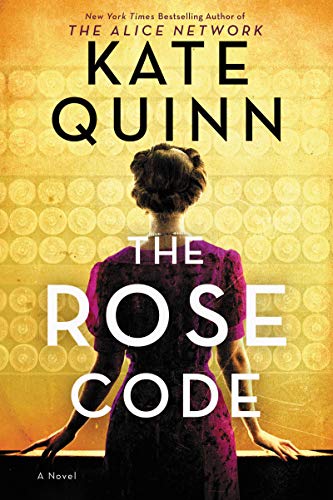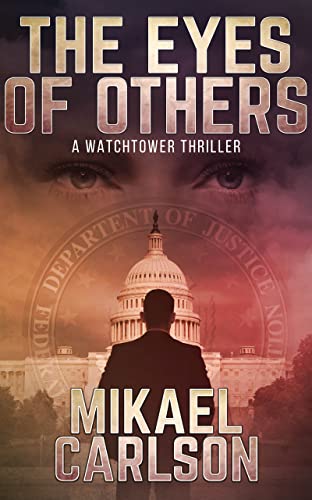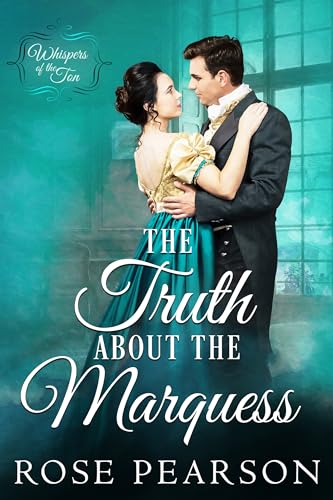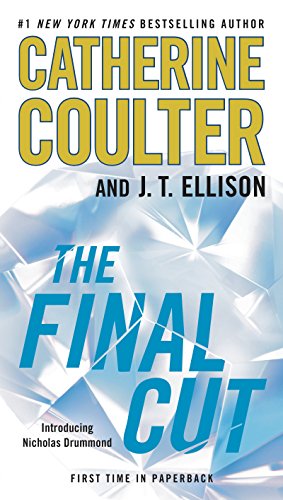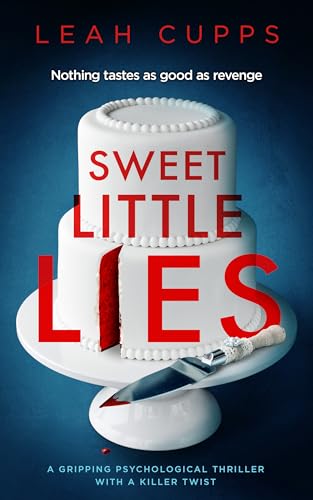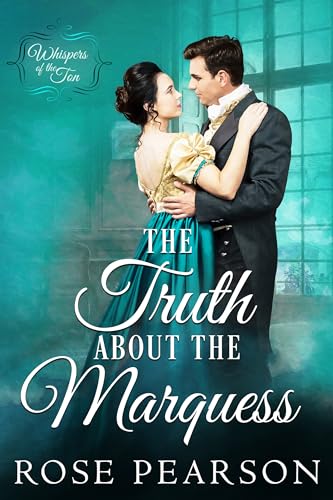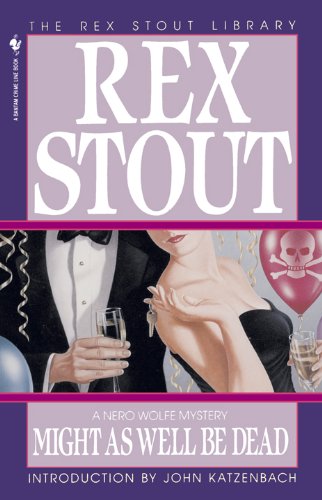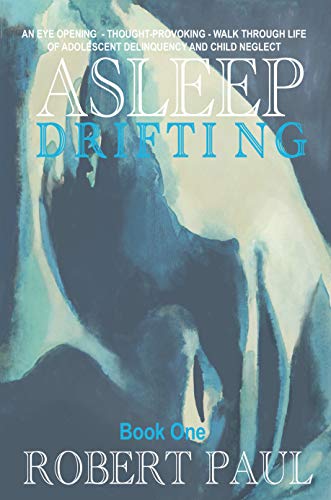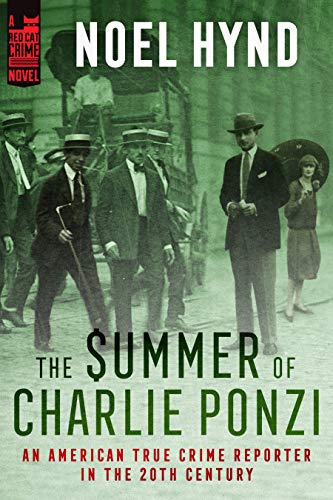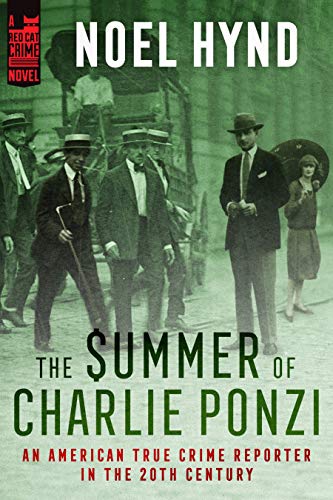One sweltering afternoon late in June 1919, a thirty-seven-year-old clerk named Charles Ponzi, who was employed by a Boston, Massachusetts brokerage house, opened an envelope from Spain and made a startling discovery. The envelope contained a postal reply coupon, something Ponzi had never heard of. The coupon, which the writer in Spain had enclosed to cover the postal reply from the brokerage house, had been purchased in Madrid for the equivalent of one cent in U.S. currency. Yet it was redeemable at any post office or bank in the United States for five cents.
Ponzi pursed his lips and looked off into space. Here, he decided, was something worthy of serious investigation. So began a unique story in the history of American crime, and so begins ‘The Summer of Charlie Ponzi,’ the newest novel by espionage and crime author Noel Hynd. ‘The Summer of Charlie Ponzi’ is based on the true story of the involvement and reporting of his father, Alan Hynd, in the infamous Ponzi case in 1919 and 1920.
Boston in the years after World War One was a bustling, booming metropolis, the fifth-largest city in the United States. The Roaring Twenties were underway. Immigrants from all over the world poured into Prohibition-era Boston. So did young, first-generation American men and women anxious to seek their fortune. America, and Boston in particular, was a wide-open place, filled with crime, jazz, flappers, a new easy morality, and speakeasies. There were two great baseball clubs – the Braves and the Red Sox – and six daily newspapers.
Newspapers were everywhere. There were newsstands at North Station, in front of Symphony Hall, in front of Filene’s, and in the streets of Charlestown, Southie and Dorchester. On the rare blocks with no newsstand, the hoarse, aggressive chant of newsboys filled the air.
The Boston Post stood out among the daily papers. It was the fourth-leading morning newspaper in the country in circulation. There were many reasons The Post stood out, but one was city editor Eddie Dunn, the best newspaperman in Boston during the hard-drinking, two-fisted era of the 1920s. Eddie Dunn understood news, how to find it, get it, and sell it.
By the end of 1919, Charlie Ponzi had hatched out his scheme: he would build his fortune on postal reply coupons and beat the banks in the money lending game. While banks were paying five percent per year, Ponzi promised investors fifty percent interest in forty-five days. He soon had people lining up at his office on School Street, practically throwing money at him. By April of 1920, Charlie Ponzi was taking in a $250,000 every day in cash as his pyramid scheme swept the city.
The offices of The Boston Post were also on School Street. Inevitably, The Post and Ponzi took notice and measure of each other. In the summer of 1920, their worlds collided. When the Ponzi swindle became the biggest local story of the year, even bigger than Sacco and Vanzetti, Eddie Dunn threw every spare reporter onto the story. By this time, Alan Hynd, still in his late teens, had cadged a job as a street reporter for The Post. He had only a few weeks of experience, but Dunn assigned him to his team of top reporters covering the case.
‘The Summer of Charlie Ponzi’ is the story of a young man covering the most brazen financial crime of the twentieth century. This hard-edged Jazz-Age tale is full of fascinating women and men drawn from the newsrooms, tenements, speakeasies, high social circles, financial boardrooms, streets, and sidewalks of Boston of the 1920s. Told in the young reporter’s sly acerbic voice, the tale is at times brash and hilarious, at times heartbreaking, frequently astonishing, and always riveting.

